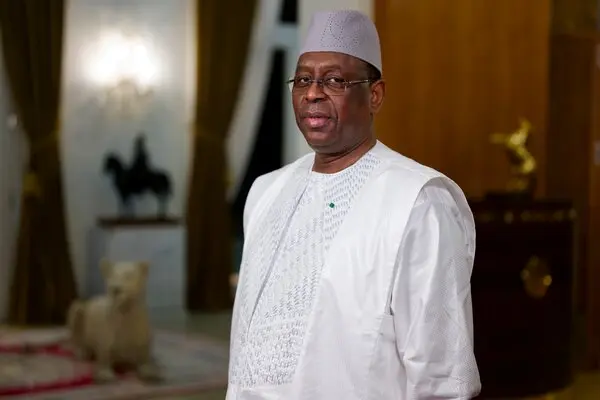
Former President Macky Sall has strongly rejected claims of a hidden $7 billion debt in Senegal, describing the allegations as “nonsense” and asserting that the country’s institutional checks make such concealment impossible.
Speaking at an Atlantic Council event, Sall emphasized that every international financing agreement undergoes rigorous scrutiny by the Supreme Court to ensure compliance with the Constitution and state obligations.
“These legal mechanisms make it impossible to hide new borrowing,” he said, highlighting the central role of the BCEAO, Senegal’s regional central bank, where foreign currency transactions are converted into CFA francs, leaving no room for opacity.
The former head of state also pointed to additional institutional safeguards, including oversight by the Court of Auditors, the National Assembly, and the Finance Ministry. According to Sall, it is highly improbable that a debt of this magnitude could escape scrutiny across all these channels.
However, Economy Minister Abdourahmane Sarr acknowledged that certain financial operations, such as direct payments made abroad, may not pass through the central bank and could appear outside conventional accounting frameworks.
He stressed, however, that all debt repayments are recorded by the Treasury, and Senegal’s debt remains sustainable.
“The IMF will need to explain to its Executive Board the consistency of the macroeconomic framework before and after considering these operations,” Sarr added.
Sall’s remarks come amid heightened debate on public finance transparency in Senegal.
The former president has addressed the issue in multiple media appearances, including discussions around his book, Africa at Heart, and his potential candidacy for UN Secretary-General, signaling his continued engagement in national and international discourse despite leaving office.
The International Monetary Fund (IMF) is expected to clarify its position in the coming days, providing technical explanations to its partners regarding Senegal’s debt assessment.
Analysts say the debate underscores the delicate balance Senegal must maintain to preserve the confidence of international financial institutions while addressing domestic concerns over fiscal transparency.



